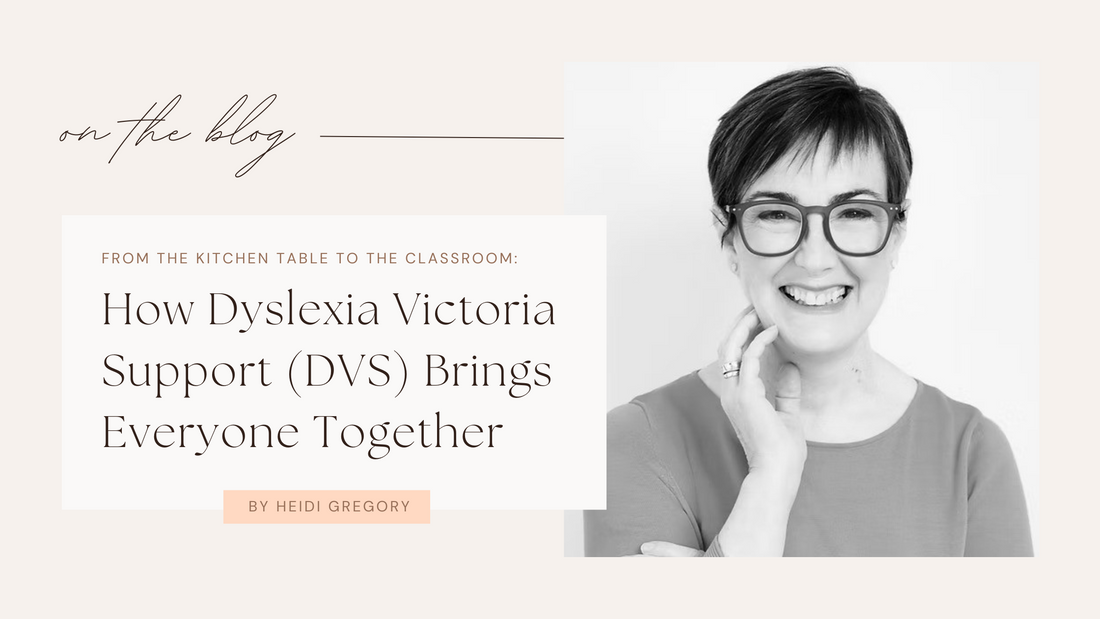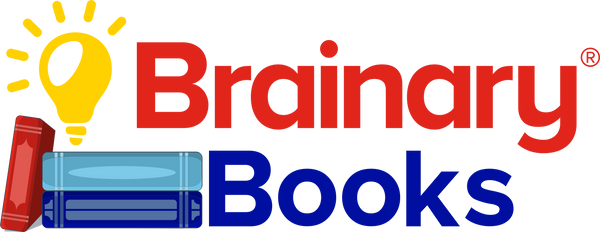
From the Kitchen Table to the Classroom
Share
How Dyslexia Victoria Support (DVS) Brings Everyone Together
October is Dyslexia Awareness Month, a time to recognise both the challenges and the opportunities facing students with Specific Learning Difficulties. I’m Heidi Gregory, Founder of Dyslexia Victoria Support (DVS) and Vice President of SPELD Victoria. My path as a parent advocate has been shaped by raising two young adults with complex and diverse learning needs, but this story is about something bigger: the way parents working together at their kitchen tables have taken their voices into classrooms and, ultimately, into Parliament.
Founded in 2014, DVS is now Australia’s largest parent-led dyslexia support network, representing more than 12,000 members across Victoria and Australia.
In 2018, DVS was recognised with a Premier’s Volunteer Champions Award, highlighting the strength of parent-led advocacy and community action. What began as parents sharing struggles and strategies has grown into a volunteer-run organisation providing free information, community connection, and advocacy.
Families turn to DVS every day with questions such as:
- Do coloured lenses or vision therapy help with dyslexia?
- The school says my child will “grow out of it”. Should I wait or push for support now?
- What is the difference between decodable books and predictable or leveled readers?
- My child has just been diagnosed — what supports should I ask for in their ILP?
- What exam accommodations can my child access through VCAA and how do I apply?
- Where can I get help?
These questions shape the resources we provide, the advocacy we lead, and the partnerships we build with educators, therapists, academics, allied health professionals, and policymakers.
Trusted Information, Strong Advocacy
Families are often pressured to try unproven treatments that promise quick fixes but lack scientific evidence. From coloured lenses to vision training or brain training, these interventions do not improve literacy outcomes. DVS takes a clear position: we help families and schools focus on evidence-based instruction and avoid costly, ineffective options.
 Policy, Practice and Wellbeing
Policy, Practice and Wellbeing
DVS does not just answer questions — we take those voices into policy arenas. We led the successful campaign for the Year 1 Phonics Screening Check, tabled in the Victorian Parliament in 2022, introduced in 2025, and mandatory in all government schools from 2026.
On 12 June 2024, DVS wrote a submission and I was invited as a witness to the Legislative Council Legal and Social Issues Committee’s Inquiry into the State Education System in Victoria, representing our membership.
These are significant steps forward, but support cannot stop here. Not every student will benefit from government announcements, and DVS will continue to stand beside families to make sure no child is left without the help they need. Poor literacy outcomes are closely tied to wellbeing, with many children experiencing anxiety, low confidence, and mental health challenges when their needs are not met. That failure to help children become literate causes lifelong loss of opportunity. Addressing literacy is therefore both an educational and a lifelong wellbeing necessity.
The Power of Community
The strength of DVS lies in its people. At its heart, it is about community — uniting families, educators, therapists, academics, allied health professionals, policymakers, and dyslexia networks around one goal: ensuring every child has access to effective, evidence-based instruction and meaningful support.
By amplifying lived experience and pairing it with professional expertise, DVS gives weight to the parent voice in schools, in policy, and in practice. This combination drives change: families bring the reality of navigating the system, while professionals contribute the evidence base that ensures effective solutions.
Image: What I Need eBook by Nessy
For families, the impact is profound. A child once told they would “grow out of it” receives targeted support. A parent who felt isolated finds a community of thousands. A government that once overlooked dyslexia is now beginning to act. And the difference is not just seen in school achievement, but in confidence, determination, and wellbeing that lasts well beyond the classroom into adult life.
Because change often starts at the kitchen table. And it does not stop until it reaches every classroom.
To contact Heidi Gregory click here
Follow Dyslexia Victoria Support (DVS) on social media: Facebook & Instagram


